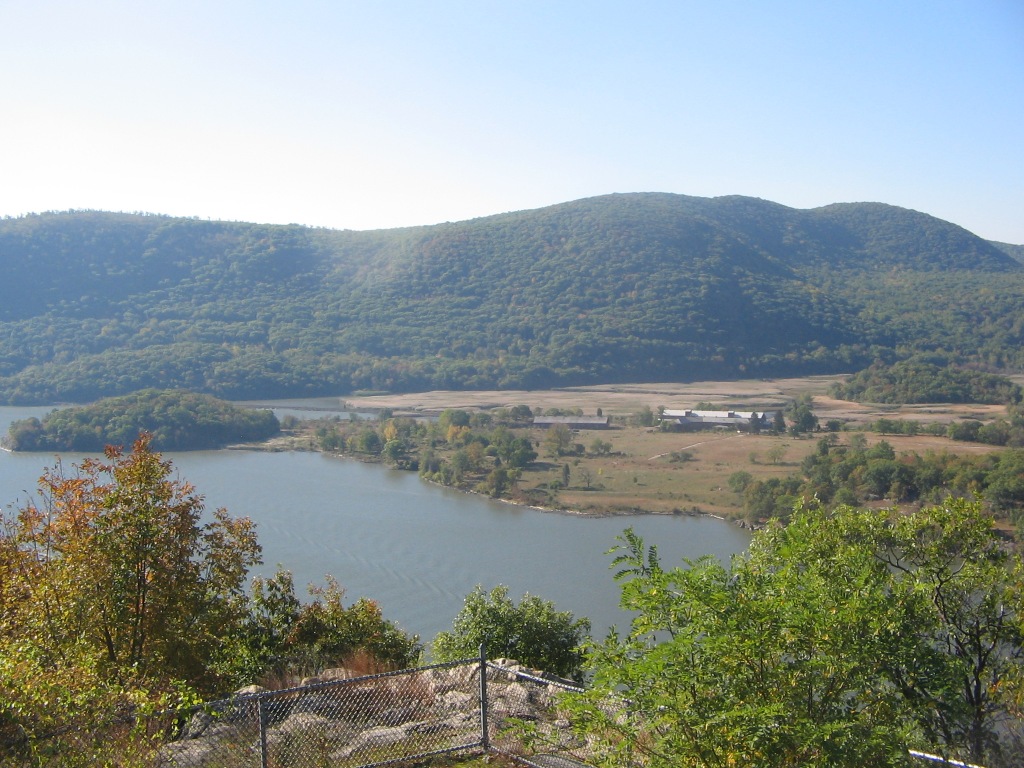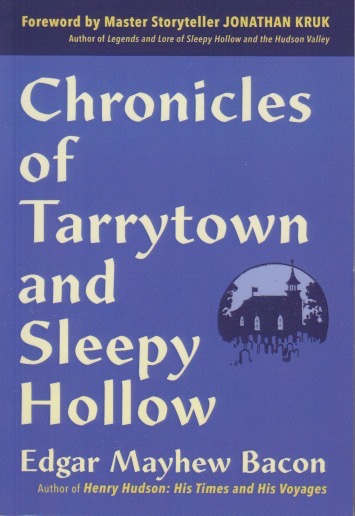There’s nothing like forgetting to make you remember. Although we could scarcely afford it, we made many budget trips once we moved to New Jersey from Wisconsin. As a family we used to keep detailed travel logs and we’d type up the results so that we could remember our trips. For some reason, drifting about after losing a career, I stopped taking such notes. Fortunately our digital camera time-stamped the photos. I spent months organizing them only to have the external hard drive on which they were stored fail. I’m now getting around to piecing together a bit of a chronology. “Blog” was originally a portmanteau for “web log,” and since I’ve had no instruction on how it should be done, I mix an actual log with mental musings. I’ve been doing so daily since 2009. Results may vary.
This blog has helped me keep track of travel, but those hazy days after the Nashotah House incident in 2004 up until blogging in 2009 remain undocumented. Looking at the time stamps on those photos, it’s clear we traveled quite a bit. Of course, New Jersey is a somewhat of a feast and it’s within easy reach of quite a few fascinating places. Even a weekend was enough to explore someplace exotic, relatively local. We used to make literary road trips on Memorial and Labor Day weekends. Sometimes even later into the season. Somewhere in that fog we made road trips to Maine, Connecticut, and upstate New York. And although I grumble about technology sometimes, were it not for those digital timestamps the dates would be lost forever. Of course, if we’d kept up our travel notebook…
As an historian, looking back comes naturally enough. Gorgias Press downsized in 2009 and for a couple of years I made a living as an adjunct professor. Even so, we managed a few trips (some of them mentioned on this blog). Things must’ve been less expensive then. Or else having a mortgage changes your perspective (the roofers are coming yet again this summer). And the pandemic kept us at home for three years. Whatever the cause, the urge to stretch wings and see new places remains. Of course, it’s important to recollect where you’ve been. In the meantime, I’m trying to piece together what happened those first few years in New Jersey. That’s the historian’s task—putting together the events of the past from bits of evidence. It’s pretty clear why historians get excited when they have diaries or notebooks from which to work. We are, after all, the historians of our own lives.


